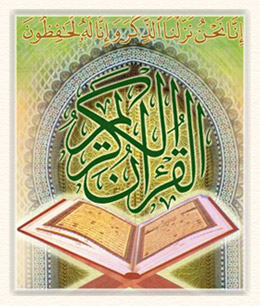Defination of Bidah: Some thing which wasn't performed or done during time of Prophet (saleh ala waalihi wasalam) but introduced later on.It is divided into different categories and bidah (innovation) in Aqeeda (islamic beliefs) is considered evil (haram) where as Good bidahs in religion which don't effect Aqeeda (beliefs) are endorsed and made by Ijhtehad of scholars and had been made in the past.
▄▄▄▄▄▄▄▄▄▄▄▄▄▄▄▄▄▄▄▄▄▄▄▄▄▄▄▄▄▄▄▄▄▄▄▄
Major Question/objection: Is EVERY Innovation (bad) Bid’at?
▄▄▄▄▄▄▄▄▄▄▄▄▄▄▄▄▄▄▄▄▄▄▄▄▄▄▄▄▄▄▄▄▄▄▄▄
Discussion on Bid’at involves many aspects. Discussion on all of these aspects would require a very lengthy post in which many users might loose the track of the discussion. So I am planning to take one or two points at a time to explain our point of view, and then move on to other aspects).
▄▄▄▄▄▄▄▄▄▄▄▄▄▄▄▄▄▄▄▄▄▄▄▄▄▄▄▄▄▄▄▄▄▄▄▄
Major Question/objection: Is EVERY Innovation (bad) Bid’at?
▄▄▄▄▄▄▄▄▄▄▄▄▄▄▄▄▄▄▄▄▄▄▄▄▄▄▄▄▄▄▄▄▄▄▄▄
Discussion on Bid’at involves many aspects. Discussion on all of these aspects would require a very lengthy post in which many users might loose the track of the discussion. So I am planning to take one or two points at a time to explain our point of view, and then move on to other aspects).



















 . THere is no Sahih hadith which says Tarawih is 8 rakah. 8 Rakah Tarawih is a bidah
. THere is no Sahih hadith which says Tarawih is 8 rakah. 8 Rakah Tarawih is a bidah Similarly, Hazrat Umar's asking through Hazrat Abbasdoes not prove that Waseela of Prophet Mohammad(Peace Be Upon Him) is prohibited.nor does it says that any where
Similarly, Hazrat Umar's asking through Hazrat Abbasdoes not prove that Waseela of Prophet Mohammad(Peace Be Upon Him) is prohibited.nor does it says that any where